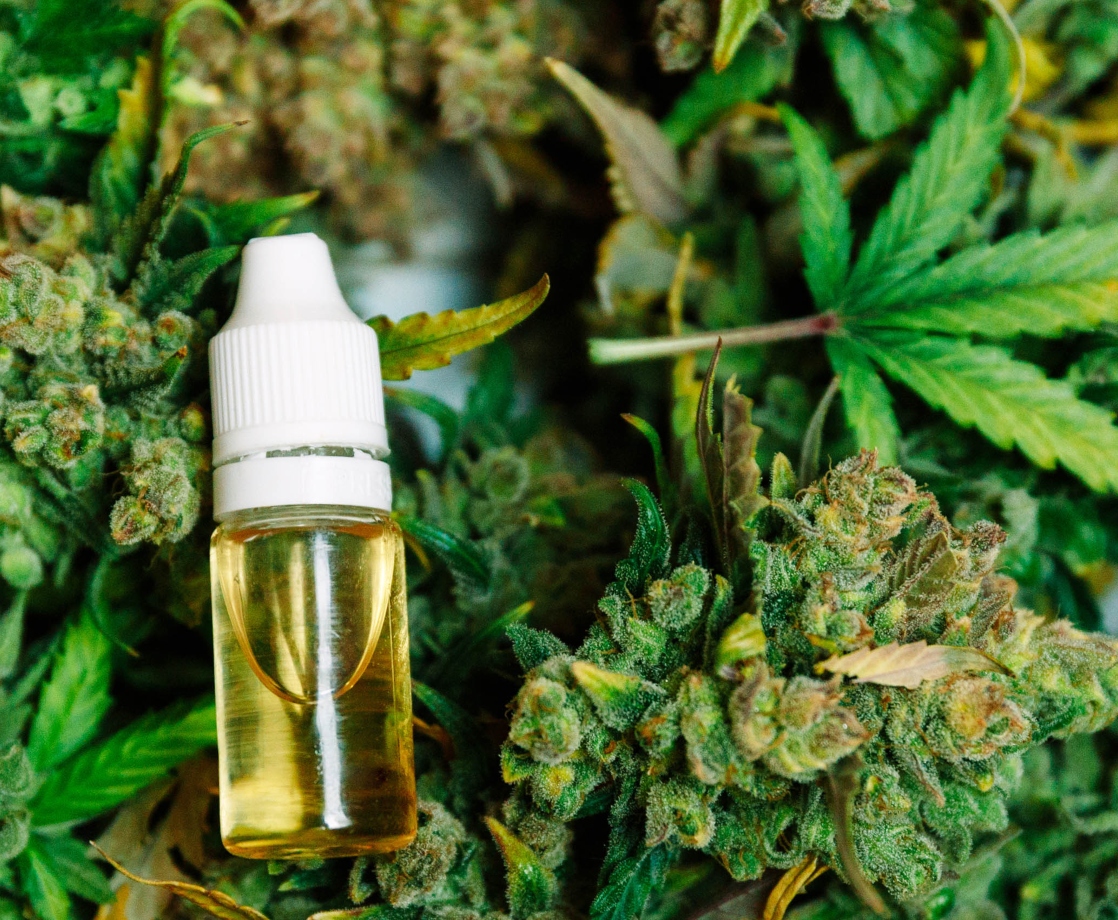Over 86% of people experiencing menopause use medical cannabis to treat their symptoms, according to a recent survey – more than triple the percentage reported by a similar survey two years ago.
To explore the growing use of medical cannabis as a treatment for menopause, researchers from the North American Menopause Society (NAMS) surveyed 131 perimenopausal and 127 postmenopausal people. Perimenopause is defined as the onset of menopause, when hormones begin to change and the ovaries stop working. This phase is generally accompanied by hot flashes, night sweats, irregular menstrual flow, anxiety, and insomnia. Postmenopause is defined as the time after a person’s period has stopped for 12 consecutive months.
“Hormonal changes associated with menopause include significant fluctuations in estrogen and progesterone that can cause a variety of symptoms, including hot flashes, sleep disturbance, depression, and anxiety,” the study authors explain. “Overall, menopause-related symptoms represent a significant psychosocial and economic burden with more severe symptoms associated with increased shame, loss of productivity, and lower quality of life.”
Physicians typically treat menopause symptoms using hormone therapy, coupled with sleeping aids and other pharmaceuticals. Many of these treatments are effective, but they can cause serious side effects, including mood swings, fatigue, and even an increased risk of cancer. In contrast, medical cannabis use is rarely associated with serious negative side effects.
NAMS asked subjects to report any specific menopause-related symptoms that they experienced and to rate their severity. Overall, perimenopausal subjects reported significantly worse symptoms than postmenopausal participants, including greater anxiety, hot flashes, and depression. The survey also asked participants to report whether or not they were using medical cannabis to treat their symptoms, and if so, how well the medicine worked for them.
The vast majority (86%) of respondents said that they were currently using medical marijuana, and nearly 79% said that they would recommend cannabis as a treatment for menopause. Two-thirds of subjects said that they specifically used cannabis to help them get better sleep, and over 46% said that weed helped improve their mood and reduce overall anxiety. When asked how they preferred to take their medicine, 84% said they preferred to smoke and 78% said that they ate edibles.
“Results suggest that many individuals are currently using MC [medical cannabis] as an adjunctive treatment for menopause-related symptoms, particularly sleep disturbance and mood/anxiety,” the study authors concluded. “Future research should examine the impact of different MC use characteristics (e.g., cannabinoid profiles) on the efficacy of MC use for menopause-related symptoms. Increased severity and prevalence of mood and anxiety symptoms in perimenopausal participants suggest promising targets for clinical trials of cannabinoid-based therapies.”
Other recent studies have shown that more and more people are using cannabis to help cope with menopause. A NAMS survey from 2020 found that only around 27% of subjects were using medical pot to help treat menopause symptoms, and another 10% were interested in trying it. Last year, a Canadian survey reported that around a third of respondents used cannabis, and three-quarters of those did so specifically to treat their menopause symptoms.











